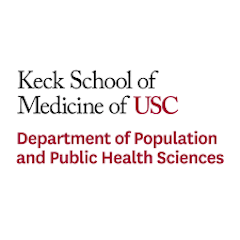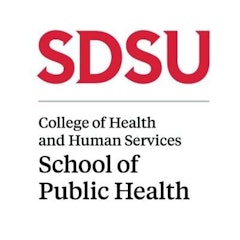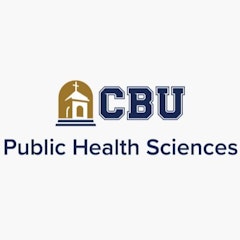1. Utilize Official University Websites
Each public health program has an established section of the university’s website. Explore the websites and note the concentrations, curriculum, course schedules, faculty, length of program, job placement, and partnerships offered. Many public health programs are housed within schools of medicine, such as UC Davis and University of Southern California, while others have standalone public health schools, like George Washington University’s Milken Institute School of Public Health or Johns Hopkins Bloomberg School of Public Health. Charles R. Drew University of Medicine is dedicated solely to educating health professionals and has an MPH program alongside many other graduate health science degrees. Take a look at the programs website and get a sense of the type of degree program, school, or university that is right for you.
2. Explore Rankings and Reputations
US News and World Report publishes rankings for every accredited public health program in the country. Explore where your prospective programs fall in this ranking system. In addition to rankings, you can often gauge a program’s reputation through google searches. Look into the history of the program, what the school is known for, and job placement statistics after graduation, and seek out verified reviews or testimonials from graduates.
3. Gather Information from Current and Former Students
Utilize the network of current and former students for personalized data gathering. You are considering joining their network, so set up informational interviews to pick their brains about their experience in the MPH program, finding a job, and so on.
4. Attend Virtual or In-Person Information Sessions
Most schools offer virtual or in-person information sessions for prospective students. Attend these sessions to gather information and ask any questions you may have. This also allows you to develop relationships with the program administrators and can increase your chances of getting accepted into the program.
5. Seek Guidance from Academic Advisors or Professionals in the Field
Your graduate school professors will likely be established and renowned individuals in the field. Utilize them for advice, networking opportunities, and mentorship. Take a look at their bios or LinkedIn profiles. These faculty will be your advisors and resources while you are in the public health program; take advantage of their knowledge and networks, and choose a program with professors that have common interests, research publications, or experiences that appeal to you.

















